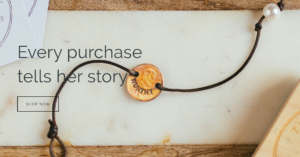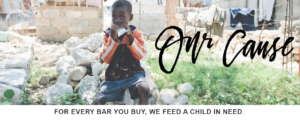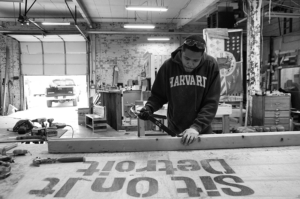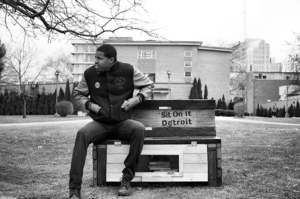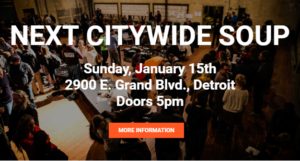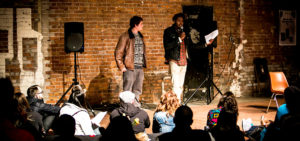Nanxi Liu grew up in a situation not typically considered conducive to innovation. After spending most of the first five years of her life without her parents in China, she could move to the United States and reunite with them. When it was time for her to go to college, she got into UC Berkeley and payed her way through doing odd jobs. After meeting a talented biochemist at a bar, she started Nanoly Bioscience, a company with a patented polymer for preserving vaccines without refrigeration.

Nanoly is built around the idea that many people cannot get vaccines because of environmental factors causing the proteins that make the vaccine work to become inactive. The polymer they developed is a sort of protective shell that functionally replaces a refrigerator. For this work, Nanoly earned many awards for social technological change, including Intel’s Top Social Innovation, Dell’s Global Social Innovation Challenge Award, and a Tech Award in 2014 for Young Innovators.
Social and technological change marry perfectly in this startup. While innovation is often thought of in the terms of apps or software, bringing about powerful social change is just as revolutionary. While the technology used is advanced and definitely a breakthrough, without a use that people care about, in this case a social use, it is simply another type of plastic. Because of this merging, Nanoly was able to make the world better.
Building upon this success, Liu more recently started Enplug, a technology/software business with a product that harnesses digital screens to allows users to link, control, manipulate, and post to any digital screen instantly. Plugging into any HD screen, the technology allows the user to display social media, presentations, news, or virtually anything. They also developed a software development kit, which allows experienced users to create their own apps to link to the technology.
The most innovative aspect of Enplug is the culture of the business. Over ten of the roughly 40 employees share a single house. This not only fosters a strong bond of cooperation in the employees, it also serves to bring innovation into everyday life and everyday life into the business world. Of course, it also saves money. This choice to treat a business almost as family is a demonstration of the innovative thinking that Liu brings to her businesses. Whether Nanoly or Enplug, Liu has a capacity for being intentional in the way a business is being run, instead of simply inventing a breakthrough product.



